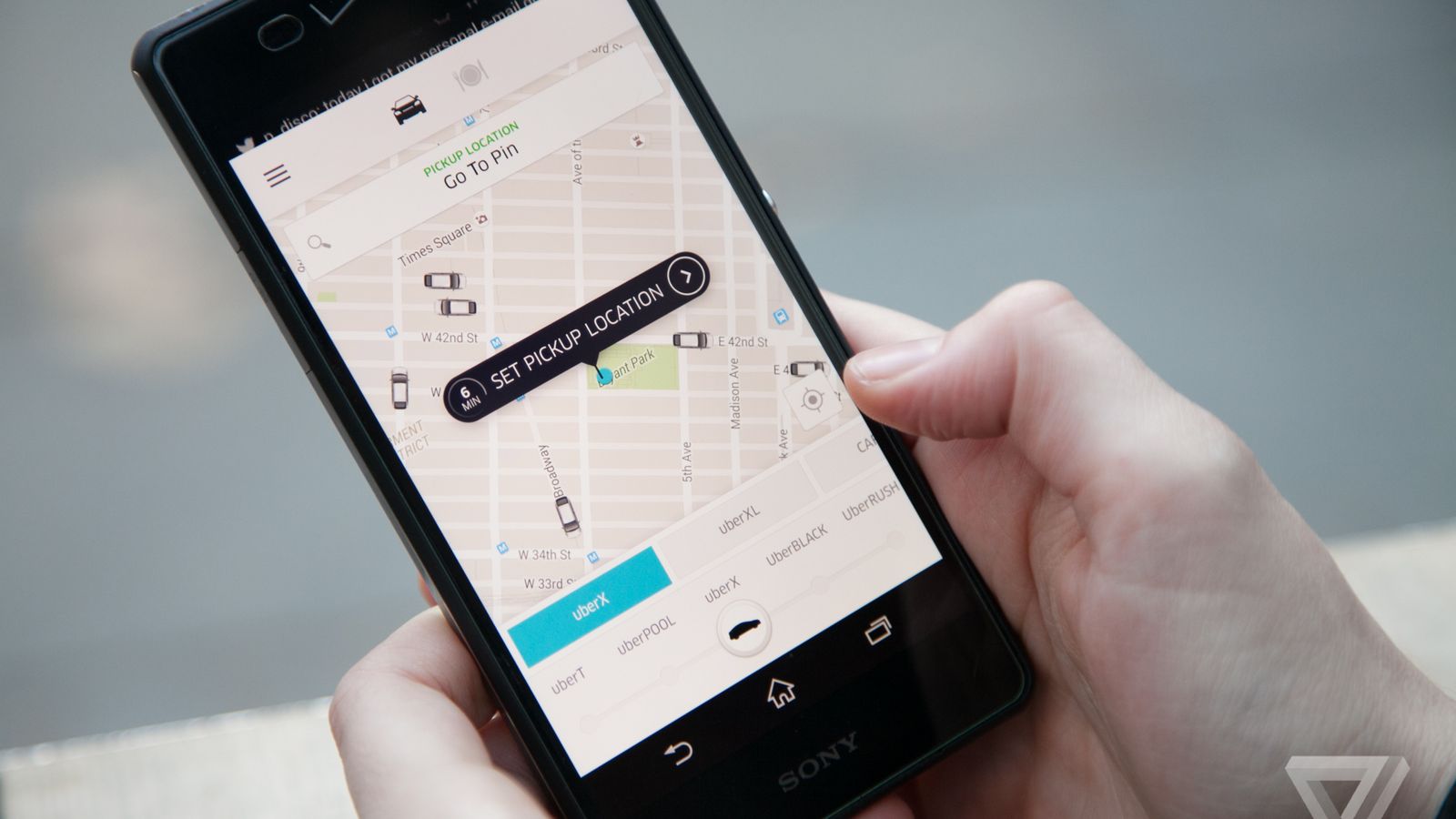The U.S taxi-hailing service Uber has been found to have been using secret programs to hide their existence from official regulators, in order to avoid potential charges. Regularly featuring in the news, and not for charitable donations, Uber is the Marmite of transport companies; it’s loathed by local minicab firms, but loved by students everywhere. Its popularity is another symptom of unconcerned student attitudes across the UK. Although it must be conceded that Uber is both easy and convenient to use, I urge students to look at the history of Uber’s policies, and to realise that we should not be supporting such a franchise.
Cases of sexism, regulation-avoidance and lawsuits against TfL are only a handful of instances where Uber has displayed lawless behaviour. This article highlights the actions of the multinational corporation, as its repeated offences stand out against other transport firms. However, it must be noted that whilst Uber does indeed lack moral fibre, it’s transgressions should not paint other local transport firms, such as Amber, in a saintly light. There are also reported cases of unlawful acts committed by local firms, however I believe in this case that the bigger fish needs to be fried. On 3 March 2017, it was reported by The New York Times that Uber uses a secret program on their apps called ‘Greyball’. This program is used in order to deceive and bypass authorities around the world, in countries such as Australia, South Korea and the United States. This suspicious and unsavoury activity is synchronous with recent reports concerning the company’s in-house workplace environment, which states that employees are asked to be ‘obsessed’ with the customer and encourage ‘hustlin’. These values are not a new phenomenon within the £48 billion firm, as its history is heavily blotched with misdemeanours.
In February 2017, former Uber engineer Susan Fowler spoke out against the conglomerate, outlining details of sexual harassment committed by a fellow employee. Remarkably, Uber did little to rectify the situation, and only issued a ‘warning and a stern talking-to’ because of his good work in the past. This shocking response, or lack of, was made worse by the fact that only a month later, company boss Travis Kalanick was filmed swearing at one of Uber’s own drivers. Kalanick has since publicly declared his need to ‘grow up’ after the debacle. I believe that these incidents cannot be ignored, as ignorance only serves to benefit the offender, allowing them to go unpunished.
A myriad of accusations against the company have been made, with only a handful making it to mainstream national media. These few include the refusal to offer a ride to a blind man and his dog, illegal testing of self-drive cars in California, and refusal to disclose information concerning their employee diversity. The latter, when taken together with the multitude of sexual harassment claims made against Uber, leads us to the conclusion that the Silicon Valley company is not only deceiving the public and authorities, but exudes sexist values whilst doing so.
Moreover, Uber’s use of the ‘gig’ economy puts their employees at a disadvantage in financial terms. Uber, amongst others like Deliveroo, does not offer National Insurance, National Minimum wage or holiday pay to employees. In a modernised society like ours, this is not only an issue which undermines our socio-political progress, but a burden which the taxpayer will have to bear.
George Mason
(Image courtesy of The Verge)

